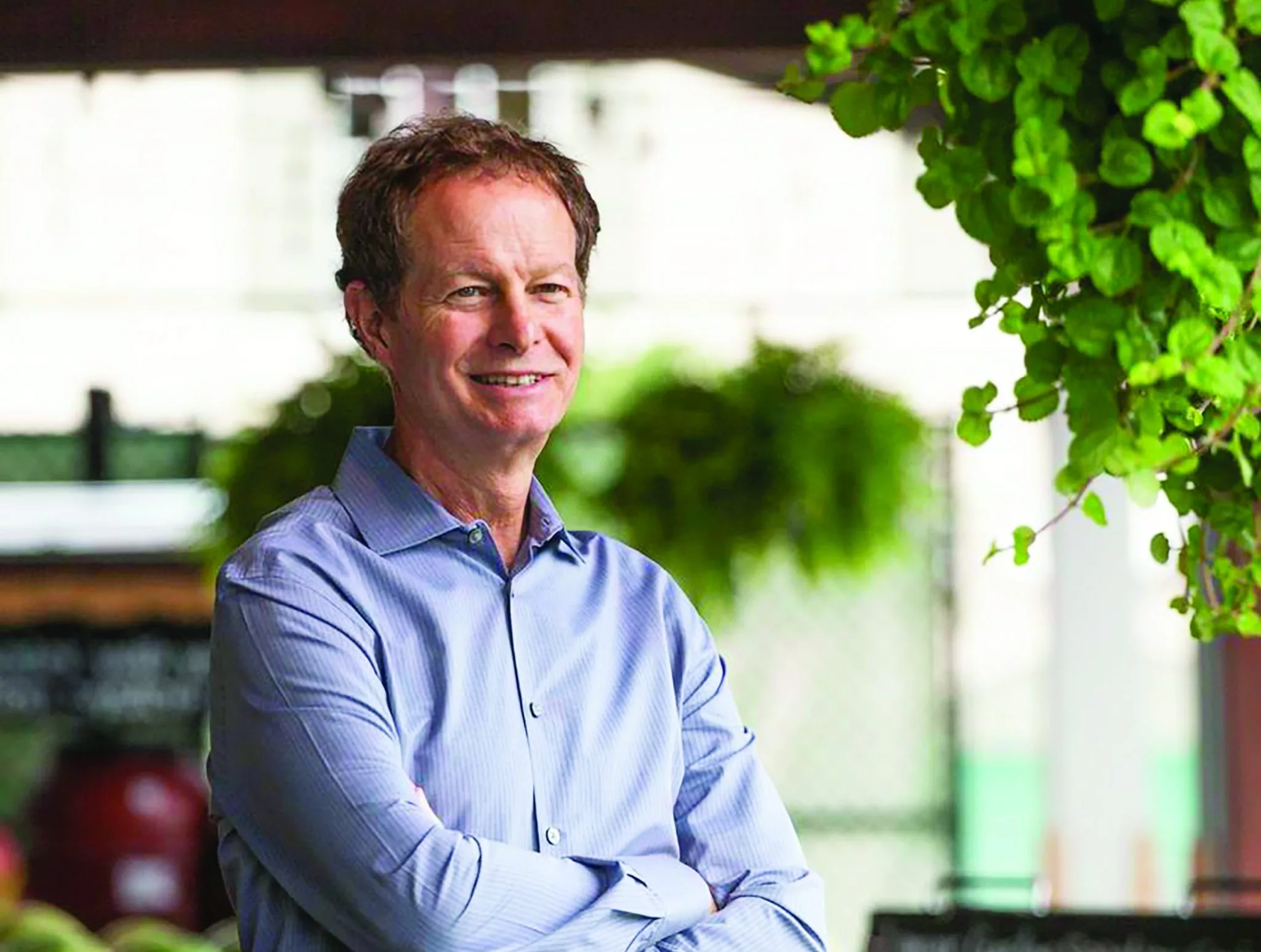I recently had the pleasure of attending a conference in San Francisco hosted by the organization Conscious Capitalism. The conference, HigherPurpose17, was centered on the notion that a focus by business leaders on a higher purpose and mindfulness can lead to greater impact and can shift the reputation of business from a being a leech on society to being a tool that benefits society. Here are three key insights I took away from the conference.
1. Business has a bad rap, and conscious leaders are accepting the challenge to shift the narrative.
Despite the fact that more and more businesses are focusing on using business as a tool to achieve impact in society, business has a horrible reputation with the public, according the conference’s keynote speaker John Mackey, CEO of Whole Foods. Mackey said that he himself came to business with a perception that business is bad for society, but that he “began to see the beauty of it when began to do it.”
According to Mackey, public perception is that business is essentially a zero-sum game in which making money is fundamentally at odds with societal impact. But Mackey explained that he believes that if entrepreneurs make the conscious choice to allow their minds to come up with creative solutions, then business becomes fun and “is the greatest force for good on this planet.”
However, Mackey also explained that while many individual businesses market the impact they are having on society, the business community as a whole needs to do a better job of explaining our collective purpose, building the brand of business itself by explaining its role in society. This is the challenge that Mackey and other entrepreneurs are taking on to challenge the perception that the business community should not be trusted. To this end, he explained that if all stakeholders are not winning, then go back to the drawing board and get creative to find a way to do business in a way that serves all stakeholders.
Team huddle before #higherpurpose17 begins today. Conference opens in 30 minutes! pic.twitter.com/CxP7sV9nsZ
— Alexander McCobin (@amccobin) February 28, 2017
2. Consciousness in business requires focus and significant strategy.
Seeking to achieve impact and “doing the right thing” as an entrepreneur is fantastic, but simply having a good heart and benevolent goals for your business does not automatically equate to success for business leaders. Rather, conscious business leaders must engage in tremendous strategy, while maintaining their focus on impact (and staying true to their impact goals as financial success follows).
Christine Comaford, Founder of Smart Tribes Institute, explained the importance of focus and strategy as a means to achieve impact (as well as financial success) in business. Specifically, she described the necessity of business leaders to focus on what we as leaders, and others who interface with the business, need from an emotional standpoint. In her words, “Figure out the people stuff, then figure out the money and model stuff.”
She explained that “we are super emotional creatures” and “90 percent of our behaviors are driven by our emotional brain.” Evolution constructed our brains in a way that requires our primitive and emotional “critter state” to be satisfied before we can access our more advanced and productive “smart state.” Doing so requires consciousness and focus to be able to acknowledge and understand when we, and others who interface with our businesses, are in a critter state and to address the critter state’s desire to feel the emotions of “safety, belonging, and mattering.”
These emotions can be satiated, Comaford says, with intentional actions such as cultural rituals in the workplace, transparency, communication, individually focused development plans, and by truly engaging with a business’s mission, vision, and values.
Building on the theme of the focus and strategy required of conscious leaders, Neil Grimmer, founder of Plum Organics and Habit, described that he has lead his companies in a way that focuses on a culture of impact and bringing out the best in his personnel, and by doing so, success has followed.
He explained that he created Plum Organics to be able to provide healthy food to his own children, and that his “daughters had wrapped around their fingers and it was great for business.” Starting with the goal of providing his children with healthy food, he realized that there was a tremendous opportunity to expand in a way that could provide many more babies with nutritious food, but to get there required a focused approach to impact.
Grimmer described his constant focus on values as he scaled Plum:
- Lead with heart and make business personal. In other words, don’t follow the oft-stated mantra of “it’s not personal, its business.”
- BYOS (bring your own self): show up as you are as your true self and then you bring your best self to work.
- Fight the good fight: Have a shark-like instinct focused on impact.
Following these values, Plum was head-hunted by numerous “traditional” food companies until it finally decided to agree to an acquisition by Campbell’s. The determining factor for Grimmer in that deal was that instead of focusing on the opportunity to make more money (as many of the companies pitching to Plum did), Campbell’s focused on the opportunity to get healthy food to more babies. Through this process, not only is Plum achieving this impact in the marketplace, it has also had the opportunity to nudge the culture of Campbell’s to focus on impact.
3. Conscious leaders are bold and self-righteous (in a good way).
There was one theme across the speakers at the conference: they have the true personality traits of leaders. Each of the entrepreneurs who spoke described that they were constantly questioned along the way and continue to be scrutinized as they continue their journeys as conscious leaders. Each had their own way of putting it, but the bottom line was that they believe in themselves and are absolutely committed to their impactful work.
When Mackey has been questioned for Whole Foods’ commitment to impact, or has been caught up in lawsuits on any number of issues, he takes the attitude of “this too shall pass.” When retailers questioned Grimmer’s decision on developing a particular feeding system as part of Plum Organics’ products, he did so anyway on the belief that “fear truly is going to block you from being your best self” and he continues to believe that his righteousness that leads him to believe that he “is working on what is supposed to be working on” carries his work and the impact that follows.
The HigherPurpose17 conference provided insight that it takes real intentionality, strategy, and the desire to be a focused leader to have the impact that conscious entrepreneurs so desire.






